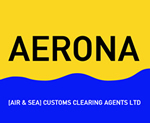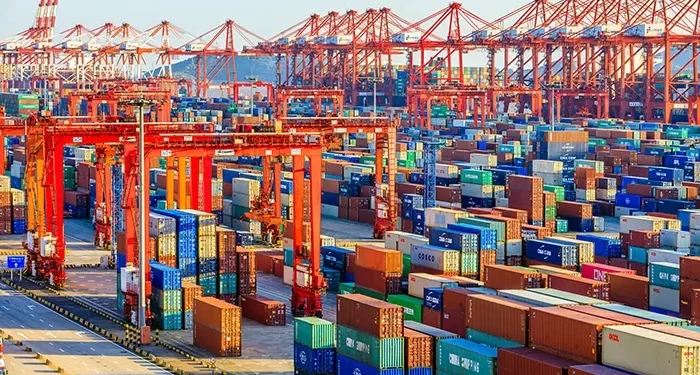Tel: 0161 652 3443 | Email: sales@aeronacca.co.uk
The dynamic world of shipping and logistics often finds itself at the center of controversy.
This is particularly true when it comes to port charges and operational transparency.
Recently, a significant legal battle has arisen that places these issues in the spotlight.
The Legal Battle Against Unapproved Port Charges
A lawsuit has been filed against the Shipowners and Agents of Association of Ghana (SOAAG) and 18 other shipping lines and agents. The lawsuit is being spearheaded by Johnny Mantey, the chairman of the Ghana Institute of Freight Forwarders (GIFF) in the Tema District.
The core of this lawsuit revolves around allegations of unauthorised charges and rising costs at ports. These alleged practices have led to heightened concern within the trading community.
Mantey’s actions reflect years of dissatisfaction among freight forwarders and other stakeholders who believe that the current practices of certain shipping lines are problematic and unjust.
This dissatisfaction has culminated in demonstrations as members of the trading community have taken picketing against these shipping entities.
Mantey’s legal pursuit is about more than just individual refunds, it is about providing financial relief for the entire freight forwarding community and setting a precedent for regulatory compliance within the shipping industry.
His demand is clear…
All parties involved, including global shipping lines, must operate within the framework of Ghanaian law.
This legal action aims to ensure that freight forwarders are not continuously burdened by unapproved charges, which can significantly affect their operational capabilities.
How Unregulated Fees Impact Ghana’s Shipping Industry
Successful legal outcomes could lead to considerable savings for businesses. As Mantey rightly points out, refunding these illegally collected charges would free up vital resources, allowing businesses to reinvest in growth, innovation and overall economic activity.
The potential ripple effect of this case could lead to enhanced competitive advantages for local businesses. This could empower them to thrive rather than merely survive in an increasingly challenging environment.
Accusations have surfaced suggesting that some shipping lines are exploiting freight forwarding businesses. This has created barriers that push local enterprises out of the market.
This recent lawsuit represents a turning point that calls for transparency and fairness within the industry.
Establishing these principles is crucial in ensuring equal opportunities for growth and sustainable success across the board.
At Aerona Customs Clearance Agents, we recognise that our role is to work alongside freight forwarders of all sizes.
We understand the frustrations voiced by Mantey and the concerns expressed by the people he represents.
The challenges highlighted in this case resonate deeply with our commitment to advocating for clear, compliant practices within the shipping industry.
As the lawsuit progresses, it serves as an essential reminder of the need for accountability and adherence to regulations within the shipping industry.
Transparency and fairness should be the guiding principles for all stakeholders involved.
They ensure a level playing field that fosters growth, innovation and economic vitality.
By supporting efforts to challenge unapproved port charges, we can pave the way towards a more equitable and prosperous future in shipping and freight forwarding.
The Future of Freight Forwarding: What This Case Means for Businesses
The outcome of this lawsuit will undoubtedly shape the landscape of shipping in Ghana.
We hope that fairness and compliance will ultimately prevail, driving progress for businesses and the economy alike.

